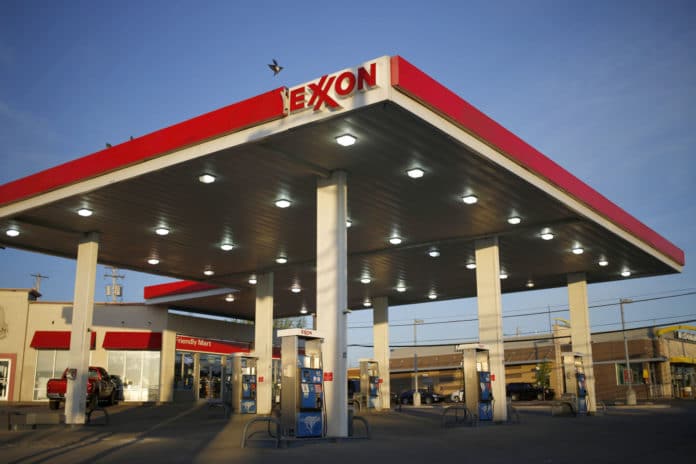In a victory for ExxonMobil, a federal judge in Texas has issued a discovery order against the Massachusetts attorney general in the hotly contested investigation about whether the oil giant concealed information about climate change from investors and the public.
But the district court judge said he would wait for the results of discovery by both sides before deciding whether to grant a preliminary injunction against the Massachusetts attorney general as Exxon requested.
The new discovery order could open the door for an intrusive examination of Maura Healey’s internal phone records, other communications and depositions related to the Exxon case, a prospect Exxon relishes given the sweeping nature of subpoenas that the Massachusetts and New York attorneys general had obtained to investigate the company.
U.S. District Judge Ed Kinkeade said the “anticipatory nature” of public statements by Healey raised questions about whether she might have acted with in “bad faith” in launching a broad investigation into when ExxonMobil knew about compelling evidence showing mankind’s role in speeding up global warming through the burning of fossil fuels.
Healey argued in court that she and New York state attorney general Eric Schneiderman issued subpoenas to investigate whether ExxonMobil had committed consumer and securities fraud. Their requests for information stretched back to Jan. 1, 1976, when environmental groups believe the company clearly understood the link between oil and gas and climate change.
Healey also argued the Texas court lacked jurisdiction over the state-level investigation in another state, and asserted her jurisdiction even though Exxon has claimed to have few or no assets in Massachusetts.
She did not reply to a request for comment on Thursday.
Exxon argued in court that the attorneys general were pursuing a political agenda in hand with environmental groups.
Kinkeade, appointed by President George W. Bush in 2002, said if Healey had already made up her mind and thus issued her subpoenas “in bad faith” then the court in Texas, where Exxon is based, could intervene. He cited a press conference on March 29 – advertised as “AGs United for Clean Power” – where Healey and other attorneys general announced their investigations of Exxon.
Exxon spokesman Alan T. Jeffers said in a statement that “her investigation and others like it are part of an orchestrated campaign against our company that is without legal merit.”






